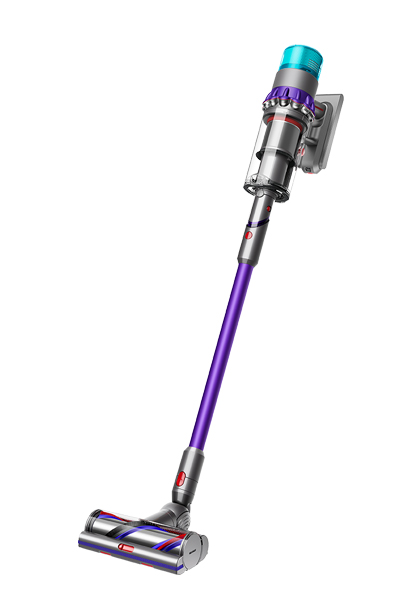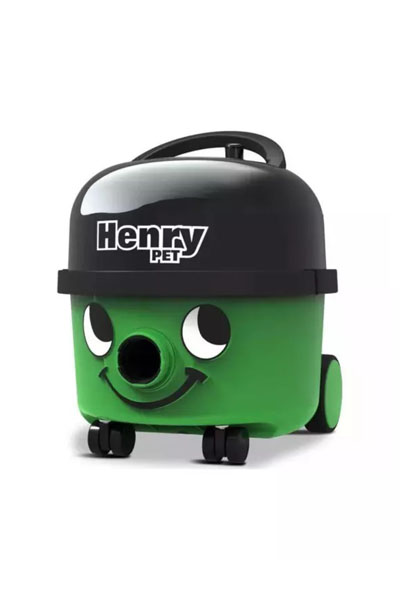Dyson vs Henry – which iconic vacuum is the best choice for your home?
We help you decide whether to buy a Dyson or Henry vacuum cleaner

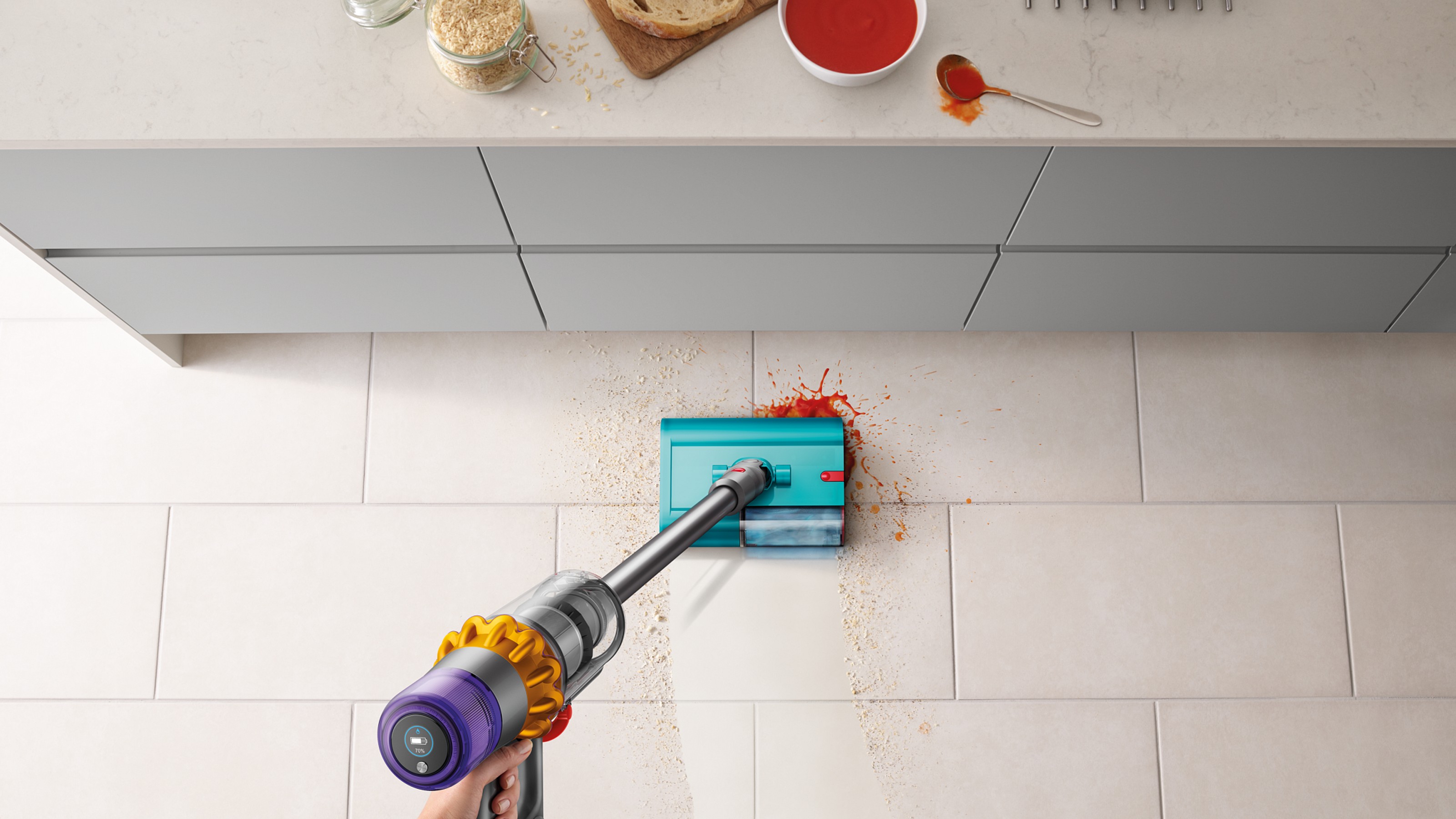
Sign up to our newsletter for style inspiration, real homes, project and garden advice and shopping know-how
You are now subscribed
Your newsletter sign-up was successful
We've tried a lot of vacuum cleaners here at Ideal Home, but among the pick of the litter two brands can be put head to head: Dyson and Henry.
Both Dyson and Henry vacuums have solidified themselves as some of the best vacuum cleaners on the market, despite boasting widely different characteristics regarding aesthetics and cordless capabilities. However, with both vacuum cleaner brands ranking at the top of our buying guides for suction power, reliability, and efficiency, it can be difficult to choose between them.
So, to save you the hassle, we've laid out the basics and important information about these popular vacuum cleaner brands to offer clarity in the big Dyson vs Henry debate – outlining the pros and cons of both, and how to choose the one that will best suit your specific needs and requirements.
Dyson vs Henry vacuum cleaners
Although we've tested many vacuums, there's no doubt that Dyson and Henry are the most sought-after models. In our opinion, the only other match-up that compares is weighing up Shark vs Dyson vacuum cleaners – all of which offer some of the best cordless vacuums, corded options, and more to be the perfect fit for any household.
Below, we've got the 'what to know' for both Dyson and Henry, as well as our top-rated models from each brand.
Dyson vacuum cleaners: what you need to know
Let's be honest, Dyson is a brand that needs no introduction. Often at the top of many wish lists, owning a Dyson vacuum is almost akin to a status symbol of sorts because of the brand's reputation for bringing out models with cutting-edge technology and impressive performance.
The company was founded by James Dyson in the 1970s, following his growing frustration at the lacklustre performance and suction power of bagged vacuum cleaners back in the day. Over 5,000 prototypes later, Dyson launched the first-ever bagless vacuum cleaner, and the rest is history.
Sign up to our newsletter for style inspiration, real homes, project and garden advice and shopping know-how
Not only does Dyson cover all bases in the vacuuming realm, but they've now also been recognised for manufacturing some of the best air purifiers, best fans, and even some of the most coveted hair styling products.
Dyson offers everything from corded, and cordless, to even the best robot vacuum options that money can buy with models tailored for tackling the task of cleaning carpet and cleaning wooden floors alike. While it's often preferable to wait for a good Dyson deal to surface considering these models don't come cheap, we'll gladly be the first to tell you that Dyson vacuums are worth the full investment, too.
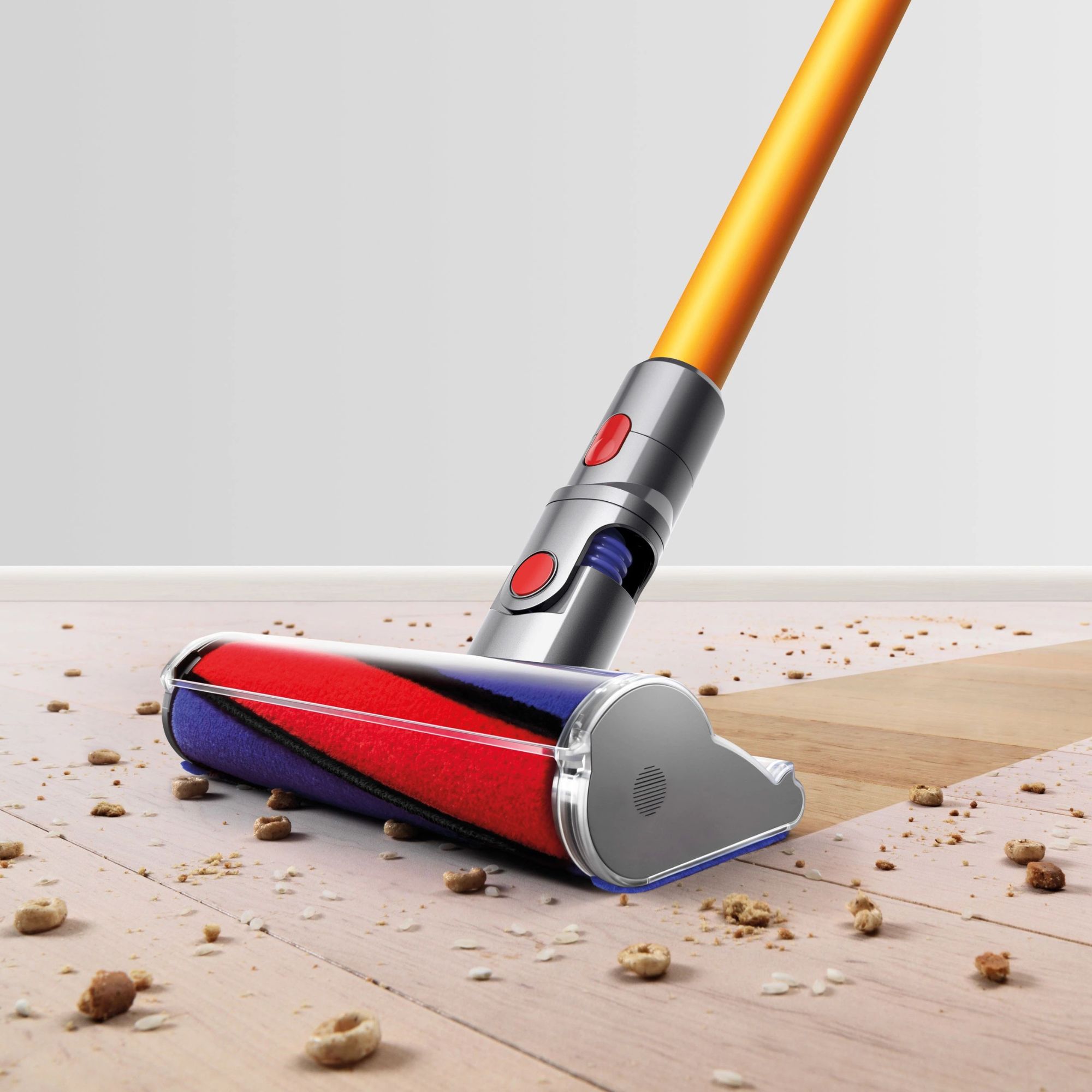
Following the market release of the Dyson Gen5detect Absolute earlier this year – which immediately took the top spot in our buying guides – we gave it a glowing 5 stars in our review, with the only downside being its steep price. But, even that wasn't enough to mark the Gen5detect down by half a star.
Our reviewer's top comments about this vacuum were its array of 'clever features to show you the areas of your home that need more cleaning attention' and its Fluffy Optic vacuum head, designed to 'seek out even hidden dust on your hard floors'. In addition, Dyson has even announced its CleanTrace AR tool which will be coming soon to pair alongside the Gen5detect for cleaning that is even more intelligent and dare we say, even enjoyable to partake in.
Alternatively, if you want the joys of a Dyson (sans the eye-watering price tag), the Dyson Ball Animal is an extremely impressive model coming in at a fair £279.99 price point compared to the Gen5detect's £769.99 tag.
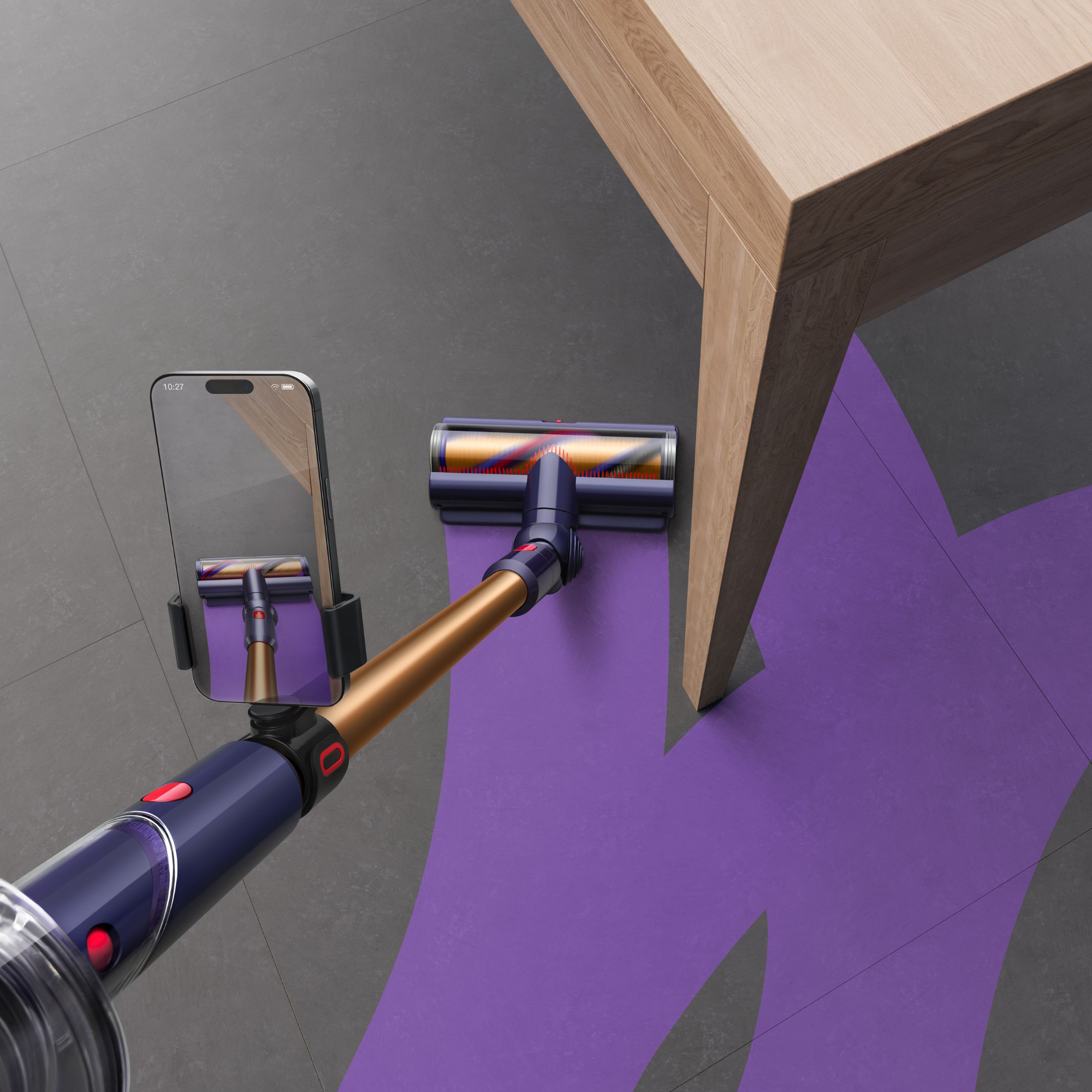
Henry vacuum cleaners: what you need to know
There's no lying that Henry is a British icon, with its roots going back to primary school days for many of us. However, despite being one of the first commercial vacuum cleaners on the market, what a lot of people don't know is that the best Henry vacuums have increasingly become a popular choice for cleaning homes alike.
In our buying guide, we named the Henry Pet200 the most reliable of the bunch we've tested and one of the best vacuum cleaners for pet hair. In our review, we gave it an impressive 4.5-star rating for its generous capacity, suction power, and how far it can reach for cleaning messes in your home.
If you want a powerhouse machine that will get the job done, then a Henry is undeniably one of the most reliable choices you can make. There's a reason why it's so widely loved in commercial settings, so it only makes sense that it would bring the same power to a domestic setting.
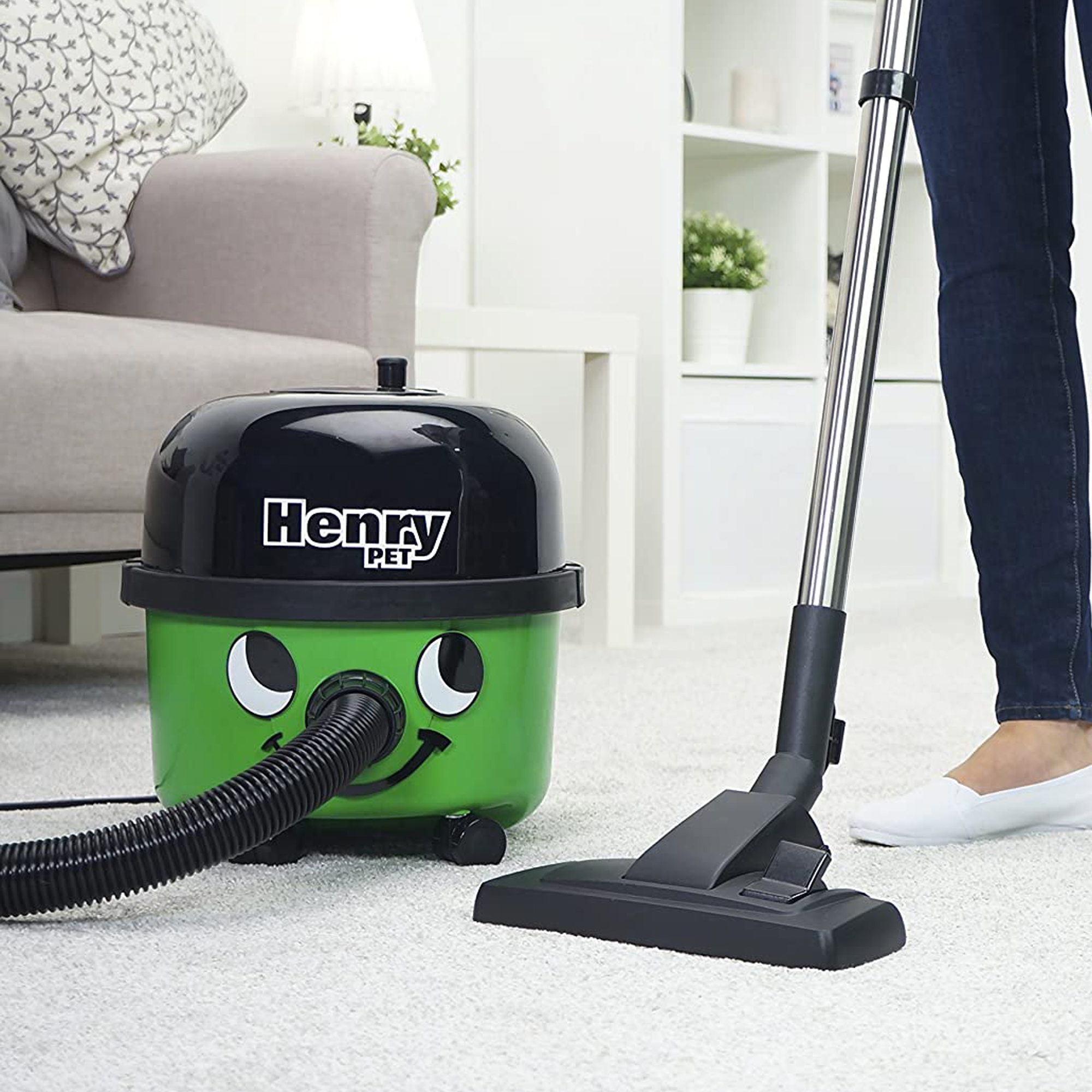
Although a lot of the Henry models are pretty similar in build quality and looks, boasting a traditional corded design, the brand has taken the brave leap into cordless options with the Numatic Henry Quick, which we were thoroughly impressed with in our review.
So, don't go thinking that a Henry isn't suitable for your household if you're someone who prefers lighter, more portable vacuums – because they've got you covered in that department.
But of course, many of the Henry models are corded and pack quite the punch as far as capacity and weight goes. So, this is something important to consider, as the last thing you'd want is to fall foul of vacuum cleaner storage mistakes as a result of not having adequate space to keep your Henry parked when it's not in use.
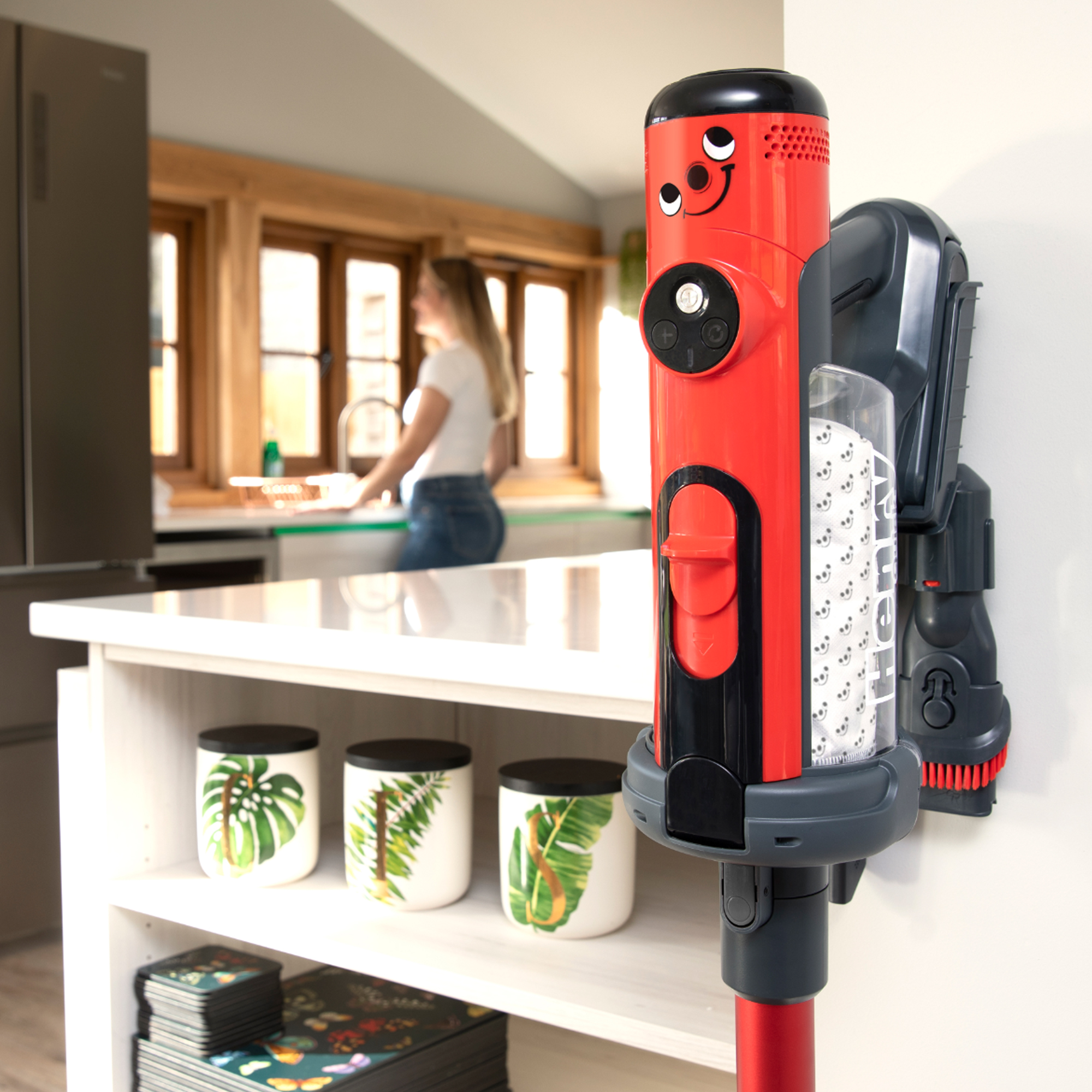
Dyson vs Henry: corded or cordless?
Nowadays, there's no talking about vacuum cleaners without mention of whether or not they're cordless.
As of recent, cordless vacuums are quickly becoming the favoured option of the two because of the flexibility they offer. Not only do you not have to worry about finding a spare plug in every room you vacuum, but you don't have to pay mind to a winding cord following your every move either. However, you will need to instead be wary of charge and run times when using a cordless vacuum, is all.
It's pretty clear that in the Dyson vs Henry debate, Dyson is the clear winner if you're after a cordless model as they've got many more options to choose from compared to Henry's singular offering: the Numatic Henry Quick.
At the end of the day, everyone has their own tastes and preferences, so the choice between going for either brand lies with you.
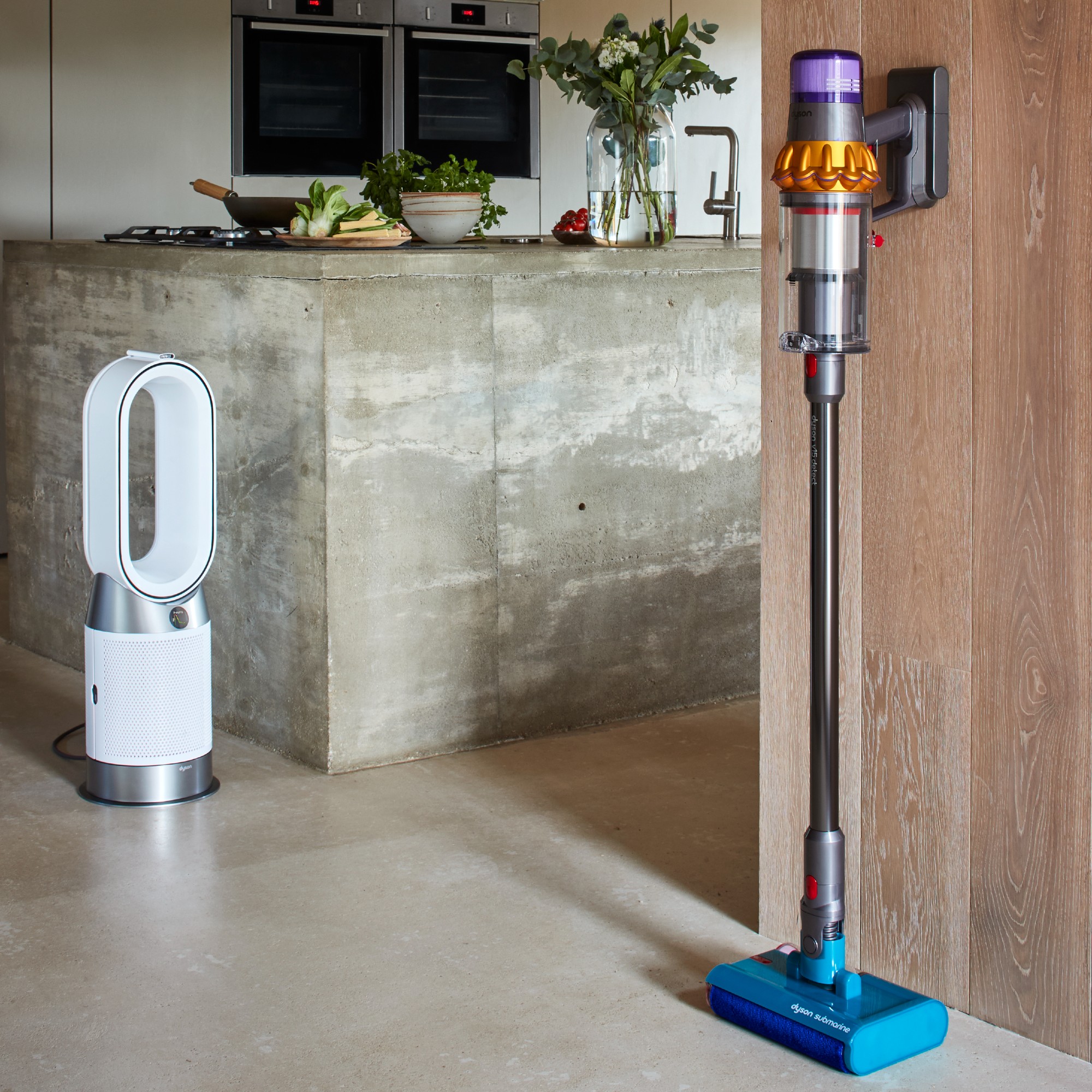
Dyson vs Henry: what do the customer reviews say?
Dyson UK has a total of 35,271 reviews on Trustpilot, with an average rating of 3.4 out of 5 stars. 65% of customers have given Dyson a 5-star rating, raving about ease of use, excellent service, and more. However, it's important to note that this covers more than just floorcare but also Dyson's air treatment and hair styling products.
On the other hand, MyHenry has a total of 18,265 reviews on Trustpilot, with an average rating of 4.8 out of 5 stars. An overwhelming 91% of customers have given Henry vacuum cleaners a 5-star rating, which is a testament to the sheer reliability and power that Henry products have continually delivered throughout the decades. It's no wonder it sits as the most reliable in our vacuum cleaner buying guide.
However, as we mentioned, Dyson's customer reviews aren't a completely accurate reflection of vacuum cleaners alone. But, we have to say it's still an extremely impressive feat from Henry to receive such overwhelming positive feedback.
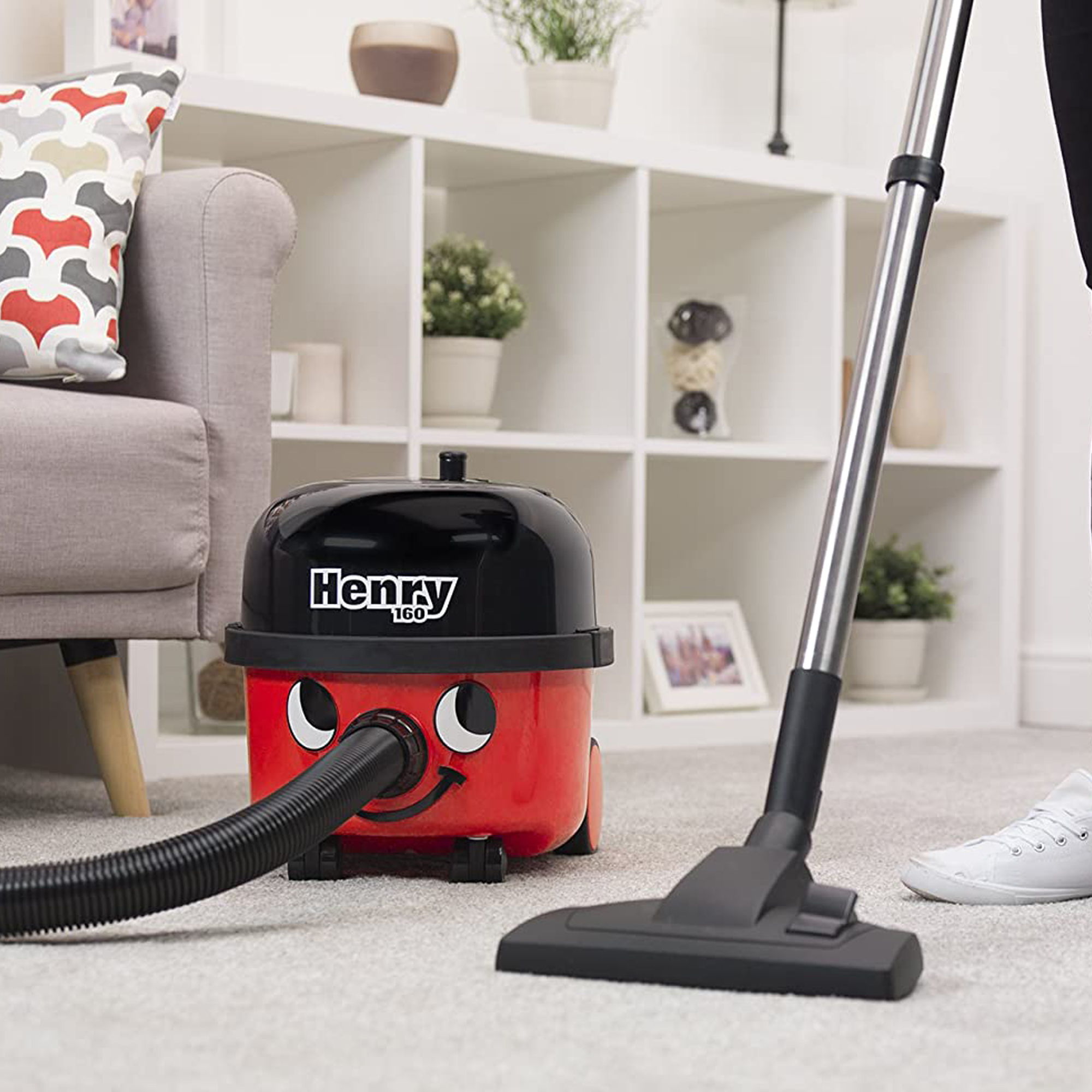
Dyson vs Henry: which is more affordable?
We touched on this briefly, but between Dyson and Henry, the latter is more affordable by a landslide.
As we mentioned earlier, the cheapest Dyson model is the Dyson Ball Animal, coming in at £279.99 but it's nothing compared to the best affordable Henry vacuum we've tested, the Henry HVR160, which is available for around the £155 price point.
Better yet, you could also upgrade to the Henry Xtra for just £20 more – which is still £100 cheaper than Dyson's most affordable model.
Dyson vs Henry: final thoughts
Even after all of this deliberation, the Dyson vs Henry debate doesn't have a conclusive answer as they are such different kinds of vacuums with different perks to offer.
If you're only looking for something reliable without any bells and whistles, we guarantee you won't be disappointed in investing in a Henry model of your choice. Not only do you get sheer suction power and the novelty of housing this British icon in your home, but you're also going to get the best bang for your buck.
However, if you're willing to go above and beyond for a vacuum cleaner and want to be looped in on all the new, cutting-edge technology that the floorcare industry has to offer, there's no denying that investing in a Dyson will meet all your criteria and more. Better yet, if you want a cordless vac, you're better off browsing options in Dyson's catalogue to suit whatever your needs may be.
We know you hear us say it countless times, but the choice is ultimately yours at the end of the day. Rest assured, whichever you decide to go for will be a valuable addition to your home cleaning kit. However, if you need a bit more time to decide or are simply keen on picking either up on the basis of a price incentive, our vacuum deals page is a page worth tabbing to be the first to know about the most tempting of discounts.

Jullia was Ideal Home’s Junior Writer from 2022-2024 and the Ideal Home Certified Expert in Training on Vacuums having spent over 60 hours testing different models. She’s always loved all things homes and interiors, graduating with a bachelor’s degree in Architectural Studies from the University of Nottingham where her love for writing blossomed following her internship at ArchDaily. Now focused on home tech and cleaning, Jullia works on writing features and explainers to help people make the most of their home appliance investments, putting the newest launches through their paces. When she isn’t writing, she loves exploring the city, coffee shop hopping, and losing hours to a cosy game or book.
